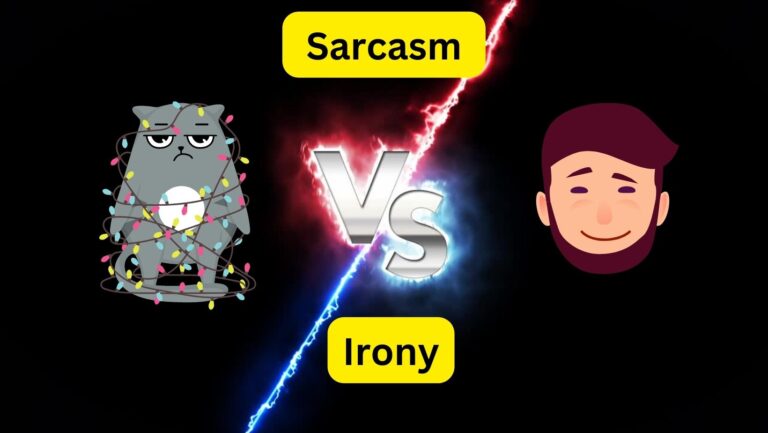
The psychology is the branch of science that deals with the mind as an entity and its relationship to the body, the environment and society. The psychiatry is the branch of medicine responsible for the causes, diagnosis, treatment and prevention of diseases metals.
Difference between Psychology and Psychiatry
In both psychology and psychiatry, mental health is a key thing to consider. A simple definition of mental health is:
“The state of well-being in which each individual reaches their potential, can deal with normal life stress, can work productively and is able to contribute to their community” Let’s check below the difference between psychology and psychiatry.
What is Psychology?
Psychology is the branch of science that studies behavior and mental processes. As a discipline, it is interested in why and how people do what they do. The word “psychology” means “study or treatise of the soul.”
Psychology interacts with other disciplines of knowledge such as biology, neurology, physiology, human anatomy, and sociology. Sometimes psychology can seem very abstract, with aspects more similar to philosophy than to biology.
Branches of Psychology
- Developmental psychology: deals with the different stages of development throughout life.
- Clinical psychology: addresses mental, emotional and behavioral disorders.
- Cognitive and perceptual psychology: studies human perception, thought and memory. Questions like how do people learn? How does the mind represent reality? And how do people understand and produce language? Are of interest to this field of psychology.
- Forensic psychology: apply psychological principles in legal matters. For example, the forensic psychologist may evaluate the mental competence of a defendant in court.
- Evolutionary psychology: studies how evolutionary principles such as mutations, adaptations or selection influence human thoughts, feelings and behaviors.
- Neuropsychology: explores the relationships between the nervous system and behavior, the way the brain creates and stores memories or how diseases or damage to the brain affect emotions and perceptions.
- Sports psychology: helps athletes and sportsmen in motivational techniques and focus on their competitive goals, as well as to deal with anxiety problems and fear of failure.
What is Psychiatry?
Psychiatry is a medical specialty that seeks to evaluate and treat people (and family members) living with complex brain problems. These include
- The Depression,
- Bipolar disorder
- Anxiety disorders,
- Schizophrenia
- Substance abuse
- Developmental disorders (such as autism) and
- Neurodegenerative diseases (such as Alzheimer’s disease)
Psychiatry deals with abnormal emotional states, in particular:
- Mood and emotional disturbances, especially problems such as anxiety and depression;
- Perceptual disturbances such as hallucinations;
- Thought disturbances and obsessive-compulsive disorders,
- Memory disorders such as amnesia
- Disturbances of consciousness, such as coma;
- Disturbances of attention and concentration, such as attention deficit and hyperactivity
Branches of Psychiatry
- Neuropsychiatry: includes psychiatric disorders that arise from verifiable abnormalities of brain structure and function. These include epilepsy, amnesia, cerebrovascular problems, and dementia.
- Child and adolescent (or child-adolescent) psychiatry: problems on the autism spectrum, attention deficit hyperactivity disorder, eating disorders, substance abuse.
- Geriatric psychiatry: deals with problems associated with old age, such as cognitive and behavioral disorders that occur in dementia.
- Forensic psychiatry: is responsible for the assessment, diagnosis and treatment of individuals with mental disorders and legal problems.
- Sexology: deals with sexual dysfunctions and deviations, such as erectile dysfunction, premature coming., decreased sexual desire or addiction to sex.
- Addiction psychiatry: deals with addictions of both substances (alcoholism, psychotropic drugs) and behaviors (gambling, games, shopping, technology).






